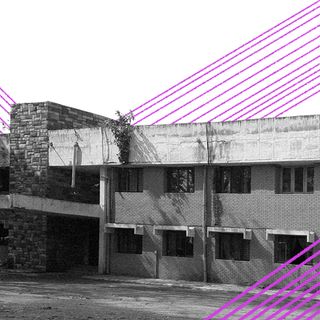Assam’s Chief Minister Himanta Biswa Sarma on Thursday urged the state’s immigrant Muslim population to opt for “decent family planning norms” in order to overcome poverty, illiteracy, and land “encroachment.” His comments come in the context of a recent eviction drive where unauthorized settlers living on state-owned land were directed to move, rendering 200 Muslims homeless amidthe pandemic.
Several activists and officials criticized this move and called it a “violation of human rights”; in response to which Sarma said that his detractors should instead think of “how to practice small family size.”
Assam’s population includes migrant Bengali Muslims who have migrated from Bangladesh and Assamese citizens, a dynamicthat has led to several years of political turmoil. The state’s Bharatiya Janata Party (BJP) government put together the National Registry of Citizens in 2019; several Muslims already languish in detention camps and others from immigrant backgrounds or without documentation face similar risks. The sudden evictions and the justification indicate a rising level of hostility and bias against the state’s Muslim population.
Related on The Swaddle:
How the NRC‑CAA Will Affect Women, Transgender People and People With Disabilities
Sarma further said, “For their poverty to end, Muslim women need to be educated, the population needs to be controlled. I appeal to them to work together with us. We are there for all of you, to support women’s education and reduce poverty. But poverty will never be reduced unless you control your population.”
Politicians in the opposition have called this “politically motivated” — in that it targets members of one community. “When the state government framed the population policy, we never opposed it. But it is unfortunate that the Chief Minister is not seeing the main reason why the population is more among the people he is referring to at migrant Muslims. It is largely due to poverty and illiteracy and he did not spell out his plan in terms of poverty and illiteracy,” Animul Islam, the AIUDF General secretary told NDTV.
Moreover, Muslim individuals living in poverty are likely to have more children due to a number of social and cultural reasons but this trend is common across economically disadvantaged sections, irrespective of their religion. A more nuanced and reflective measure to address this would thus come in the form of addressing lack of education and resources.
Numbers also do not indicate an overpopulation problems. Muslims only make up 34% of Assam’s three crore population, according to the 2011 census. Plus, the growth rate of the Muslim population in the state has dropped from around 1.8% in the 1990s to around 1.6% in the 2000s. From a national perspective, though Muslim women show a higher fertility rate than Hindu women, Muslim women’s contraceptive usage rates have also risen fast since the 1980s — indicating attempts of birth control.
In fact, research shows that the rhetoric claiming “overpopulation” of Muslims is becoming more popular in regions where Muslims are a distinct minority, like India, as opposed to regions where their numbers are actually growing (sub-Saharan Africa). The reiteration of the argument linking Muslims and poor family planning, particularly in countries where Muslims are minoritized, has led to the myth becoming a commonly accepted belief, further perpetuating discrimination.




